Business
Nigerian Banks Resume Dollar Transactions on Naira Cards as Forex Reforms Take Hold
The long-awaited return of dollar transactions on naira cards marks a major shift in Nigeria’s financial landscape…
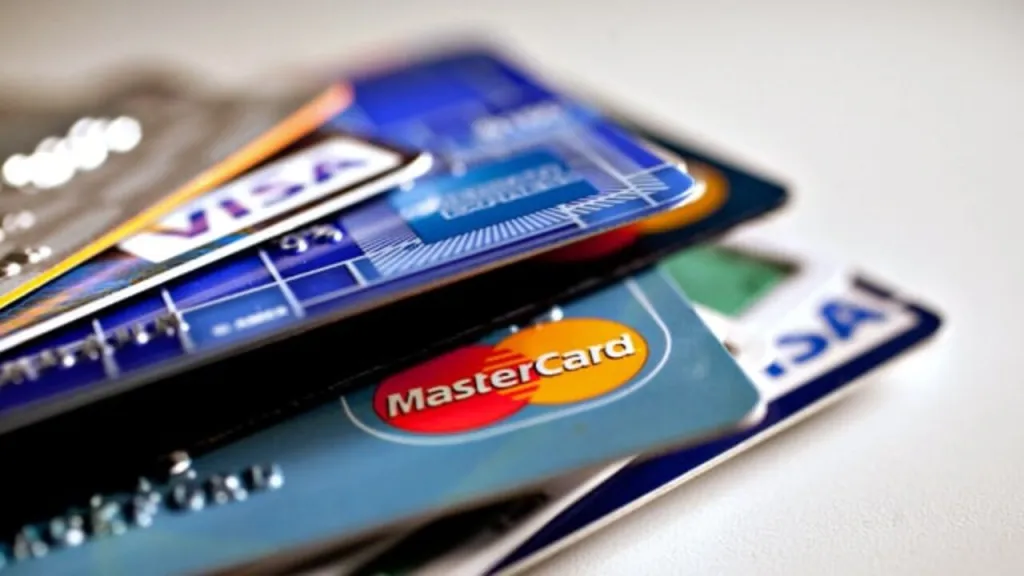
The long-awaited return of dollar transactions on naira cards marks a major shift in Nigeria’s financial landscape, as banks resume international payments following years of restrictions.
After years of tight restrictions driven by dollar shortages and forex instability, Nigerian banks have resumed international transactions on naira-denominated debit cards — a major breakthrough that signals renewed confidence in the country’s economy.
This move marks one of the clearest signs that reforms by the Central Bank of Nigeria (CBN), under Governor Olayemi Cardoso, are beginning to yield results. Major banks including UBA, FirstBank, GTBank, and Wema Bank have re-enabled global card usage, reflecting an improvement in foreign exchange liquidity and economic policy coherence.

The shift is more than a banking policy update — it represents a return to economic normalcy. For years, Nigerians were unable to use their naira cards for global payments due to dwindling forex reserves and erratic monetary policy. Limits as low as $20 per month were imposed, and many users were forced to seek costly and unreliable alternatives.
Now, with reforms such as exchange rate unification, cleared forex backlogs, and efforts to attract dollar inflows through formal channels, Nigeria’s external reserves have rebounded. Net reserves climbed from $3.99 billion in 2023 to $23.11 billion by mid-2025, while gross reserves rose to $40.19 billion.

Banks like UBA and Wema Bank have already begun informing customers about the restored functionality. FirstBank set a $500 monthly international limit, while GTBank allows $1,000 quarterly. These changes signal confidence in the CBN’s stability-driven approach.
For consumers, SMEs, freelancers, and digital entrepreneurs, the return of international naira card transactions means easier access to services like Netflix, Spotify, Amazon, Canva, and hosting platforms, without relying on dollar accounts or third-party agents.
DON’T MISS: NCC Introduces N10 Million Licence Fee for Bulk SMS
Economic analysts credit the CBN’s tighter monetary policy, increased transparency, and renewed investor trust for the shift. Monthly forex inflows hit nearly $6 billion in May 2025, driven by oil revenues and relaxed forex rules.
Though challenges remain, experts agree that this development is a strong indicator of Nigeria’s improving economic health. With continued reform and discipline, stakeholders believe more progress is within reach.




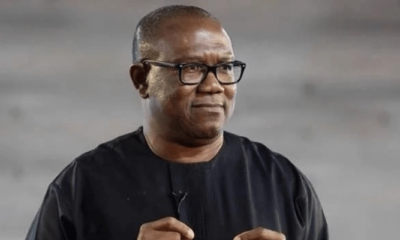

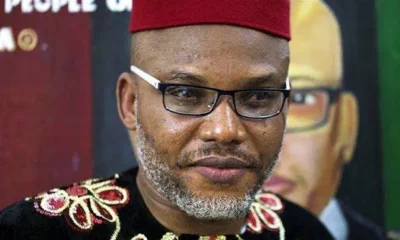

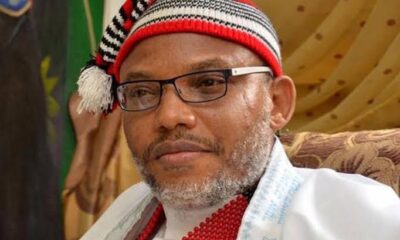



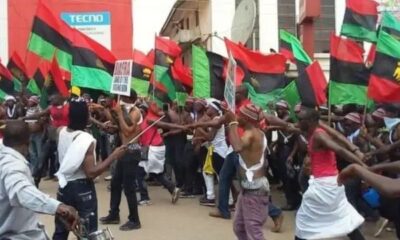







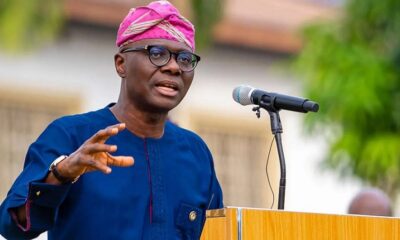

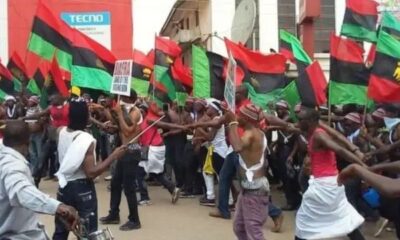

You must be logged in to post a comment Login